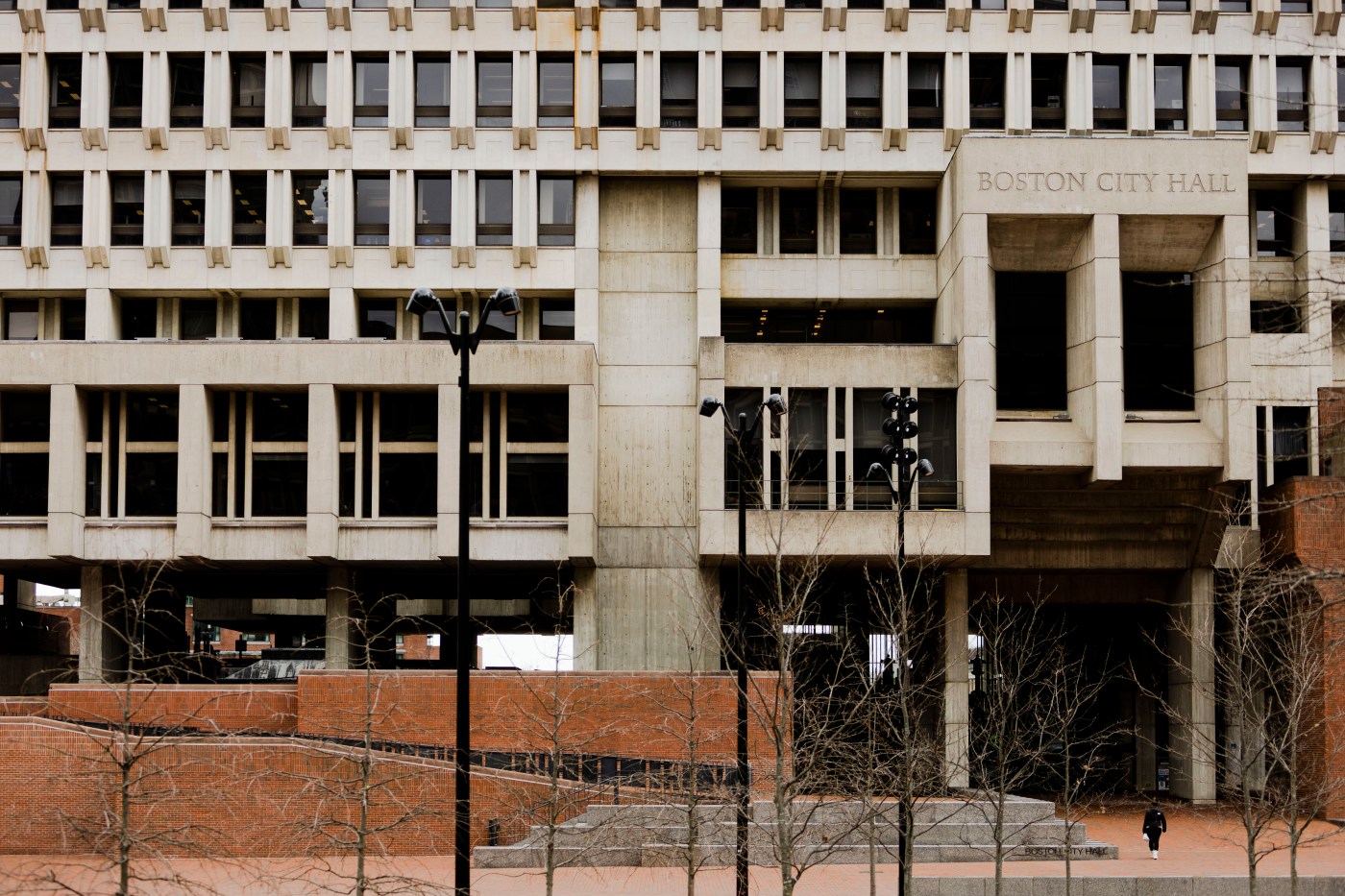
Editorial: Boston City Council needs public dashboard
Accountability from public officials is paramount for the constituents they serve. Especially if those officials make decisions that affect the day-to-day lives of the people who voted for them.
The Boston City Council makes headlines often when there’s a budget dustup with Mayor Michelle Wu, controversy erupts, or a hot-button issue demands attention. But how can a Boston resident easily find out what action is being taken on crime and public safety, housing access, or other constituent issues that may not have made the news?
Accountability needs to be accessible.
We need a Boston City Council dashboard.
The well-designed Boston.gov website allows visitors to read city council meeting records and view roll call votes by docket number or search terms, but a simple, one-stop glance of how the council is working is not available.
What’s needed is an information snapshot akin to the COVID updates issued during the pandemic.
Organized by topic as well as district, such a dashboard would let a voter in, say District 1 see what hearings have been ordered on issues important to the East Boston, Charlestown and North End neighborhoods. Roll call votes would be listed here, and councilor absences noted.
This overview would also give residents insight into which districts garner funding and which find the council cupboard bare.
District 9 Councilor Elizabeth Breadon knows about this, having told the Harvard Crimson she was “profoundly disappointed” with an FY 2025 capital budget proposal that will leave her district lagging far behind other neighborhoods in funding.
Breadon said that much of the funding for the neighborhood’s biggest projects was only earmarked for planning. Two of the most expensive projects — planning for a new Allston elementary school and a new community center — were marked “to be scheduled,” with no clear timelines.
“We have many projects that have been in the works for many years, and they are not being advanced into the construction stage,” Breadon said. “It’s an eight to 10-year process to build these things.”
A council dashboard would highlight projects getting the green light, and those left to idle.
Councilors themselves should welcome such a record, as it would back up campaign claims that they work hard for their districts.
Crime, public safety, enriching neighborhoods, migrant shelters, housing, education, and community health are just some of the concerns of Boston residents, and being able to click on a topic and see who proposed what and who voted yay or nay keeps voters informed.
A public dashboard would also hopefully help councilors hew to issues important to running the city, as opposed to resolutions addressing world issues over which the council has no influence.
It is doubtful that when world leaders meet to discuss cease-fires, any president or premier is thinking “what does the Boston City Council have to say about this?”
Information is power, and when it comes to electing officials to help run the city, that power should be with the people.
Editorial cartoon by Steve Kelley (Creators Syndicate)


